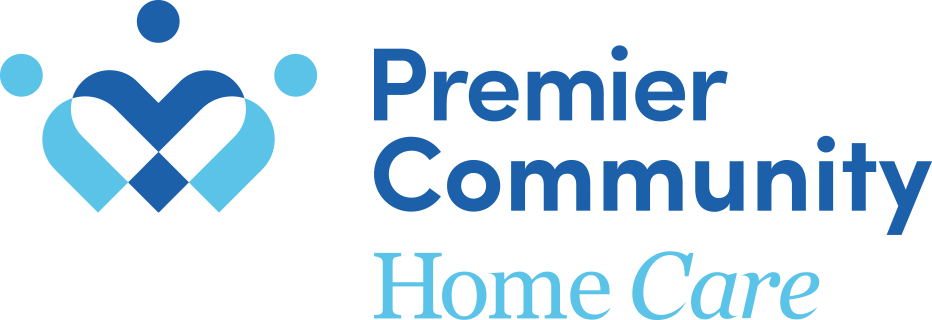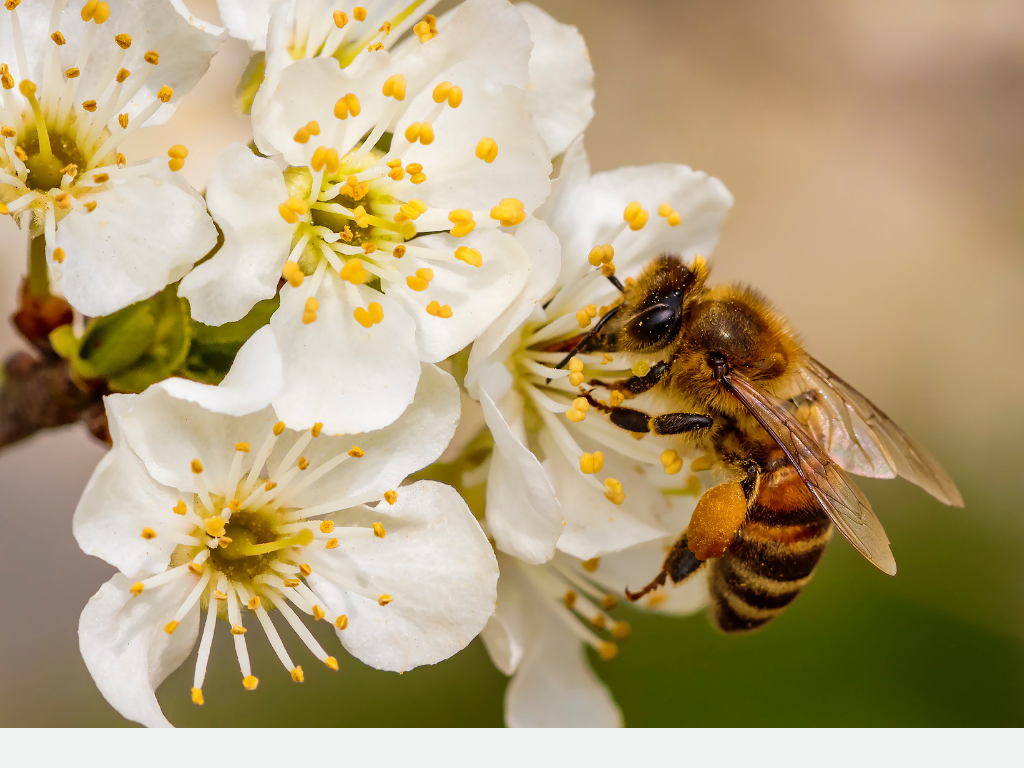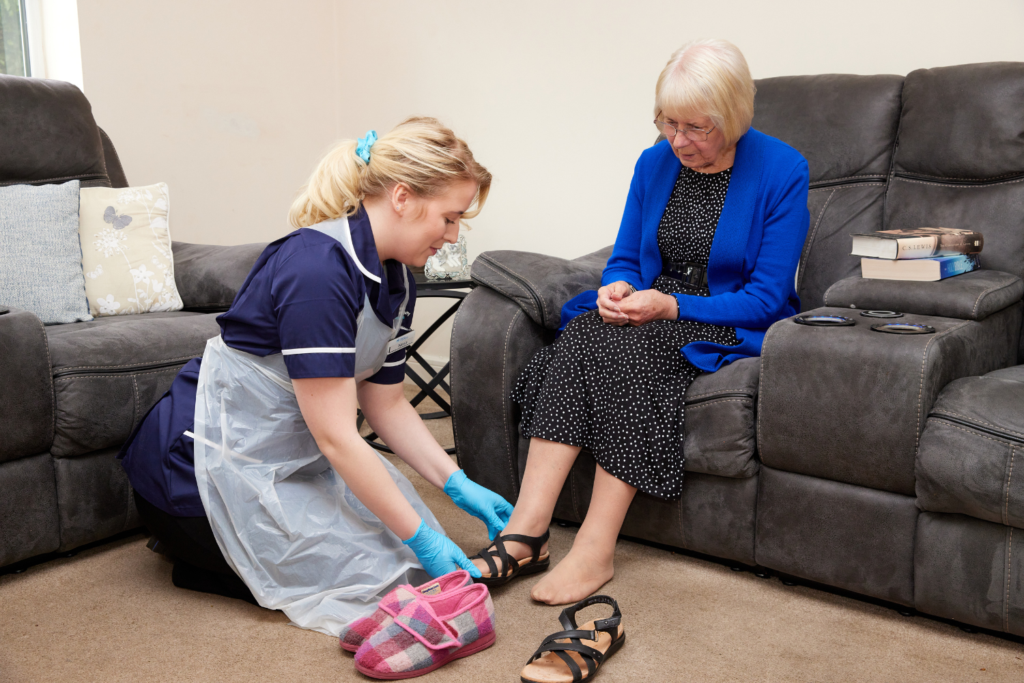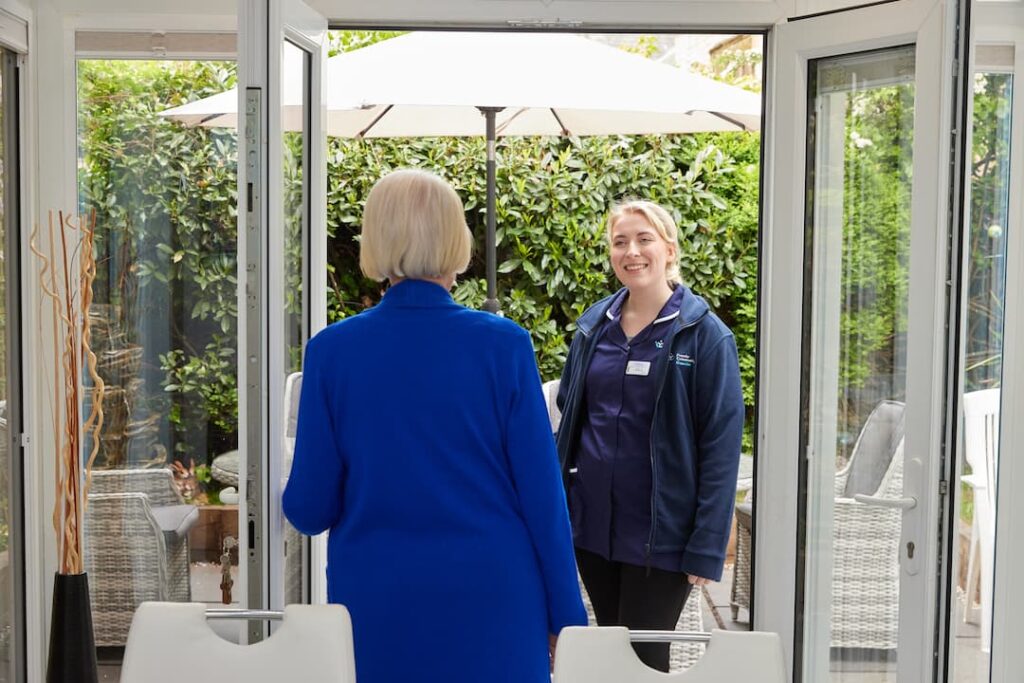As the seasons change and flowers bloom, many of us look forward to spending time in the fresh air and sunshine. But for some, spring and summer also bring an unwanted guest—hay fever. While often thought of as a problem for the young, hay fever (also known as seasonal allergic rhinitis) can affect people at any age, including older adults.
In fact, it’s not uncommon for symptoms to appear later in life, even if you’ve never had allergies before. This can be both surprising and frustrating. If you’re experiencing a runny nose, itchy eyes, sneezing, or congestion around the same time each year, hay fever could be the culprit.
Let’s take a closer look at how hay fever affects older adults and share some gentle, practical tips to help you breathe easier and feel more comfortable throughout allergy season.
What is Hay Fever?
Hay fever is an allergic reaction to pollen—tiny particles released into the air by trees, grasses, and weeds. When your immune system sees pollen as a threat, it releases chemicals like histamine to defend your body. Unfortunately, this can lead to symptoms like:
- Sneezing
- A blocked or runny nose
- Itchy or watery eyes
- Tickly throat
- Coughing or fatigue
These symptoms can make daily life uncomfortable, especially if you’re already managing other health conditions.
Why Hay Fever Matters More as We Age…
While hay fever itself isn’t dangerous, it can be more disruptive for older adults. Here’s why:
- Weakened immune response: As we age, our immune system can change. This might mean that allergic reactions are less dramatic—or in some cases, more prolonged.
- Pre-existing conditions: If you have asthma, chronic bronchitis, or heart conditions, hay fever symptoms can worsen breathing problems.
- Medication interactions: Some allergy medications may interfere with prescriptions you’re already taking, or may not be ideal for people with high blood pressure or glaucoma.
- Disrupted sleep and fatigue: A blocked nose or coughing during the night can lead to poor sleep, which in turn affects energy levels, mood, and concentration.
That’s why managing hay fever properly is especially important in later years.
Top Tips for Managing Hay Fever in Later Life:
Fortunately, there are plenty of simple and effective ways to reduce your symptoms and improve your quality of life during allergy season. Here are some top tips tailored to you our service users.
- Stay Indoors During Peak Pollen Times
Pollen counts are usually highest in the early morning and late afternoon. Try to stay indoors during these times, especially on dry, windy days when pollen is more likely to be in the air.
- Keep Windows Closed
It might be tempting to open your windows for fresh air, but this also lets pollen in. Keep windows shut, especially in the morning and evening. Use a fan or air purifier instead to keep the air cool and clean indoors.
- Change Clothes and Shower After Being Outside
Pollen can cling to your clothes, hair, and skin. When you come inside, it’s a good idea to change your clothes and have a quick shower to remove any lingering pollen. This can help prevent it from spreading around your home—especially to your bedding.
- Use a Saline Nasal Rinse
A gentle saline rinse can help flush pollen out of your nasal passages and reduce congestion. These are available at most pharmacies and are easy to use, but always follow instructions and check with your doctor first.
- Wear Sunglasses Outdoors
Sunglasses can protect your eyes from pollen, reducing itchiness and watering. Wraparound styles are especially helpful for keeping allergens out.
- Watch the Weather
Check your local pollen forecast each day. Many weather services provide this information alongside temperature and rain reports. On high pollen days, it might be wise to reschedule outdoor activities or take extra precautions.
- Speak with Your Doctor or Pharmacist
If your symptoms are affecting your daily life, don’t suffer in silence. There are many allergy relief options available, including antihistamines, nasal sprays, and eye drops. However, it’s important to choose treatments that are safe and effective for your age and medical history. Your doctor or pharmacist can guide you on what’s best.
How our care packages can help:
Our award-winning home care services in Nottinghamshire and Derbyshire are tailored to meet the needs of you and your loved ones; supporting those in our community to lead more independent lives from the comfort of home.
Our dedicated care team are here for you to deliver all kinds of care packages; our compassionate personal care packages are there to ensure your wellbeing is cared for and prioritised.
Our carers can ensure that your loved ones are having their medication on time and providing them with friendly reminders to use protective measures like wrap- around sunglasses and hats, as well as encouraging them to shower and change clothes after being outside.
Our team can help control environmental factors such as keeping windows and doors closed during peak pollen times. With our gentle home help packages we can also support with day- to-day domestic tasks such as regularly vacuuming and dusting with damp cloths, as this helps remove pollen to relieve hay fever symptoms.
Hay fever can be a nuisance, but it doesn’t have to keep you from enjoying the beautiful days ahead. With a few small changes to your routine and environment, you can take control of your symptoms and make the most of each season.
Remember, if you ever feel unsure about your symptoms or how to manage them, always reach out to a healthcare professional. A little support can go a long way toward helping you breathe easier, sleep better, and stay active.




